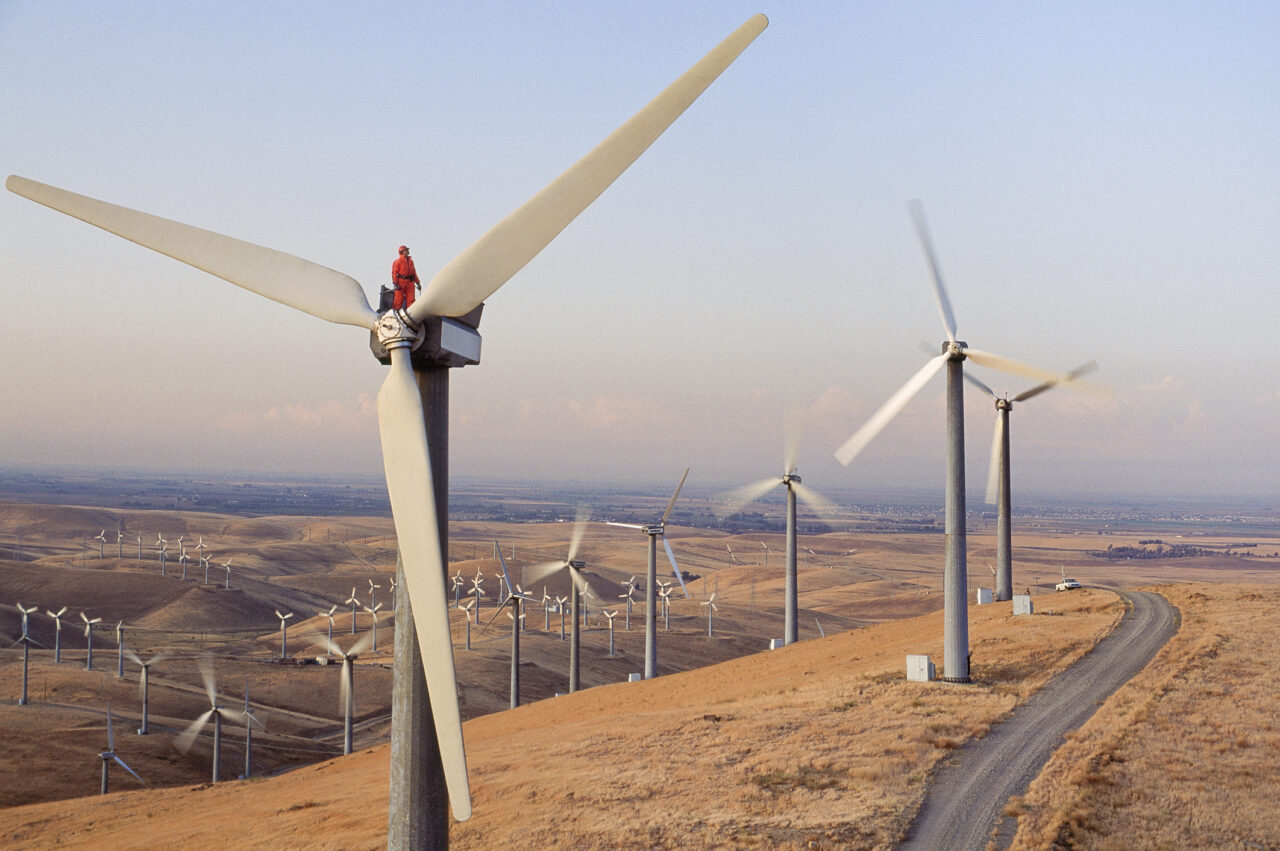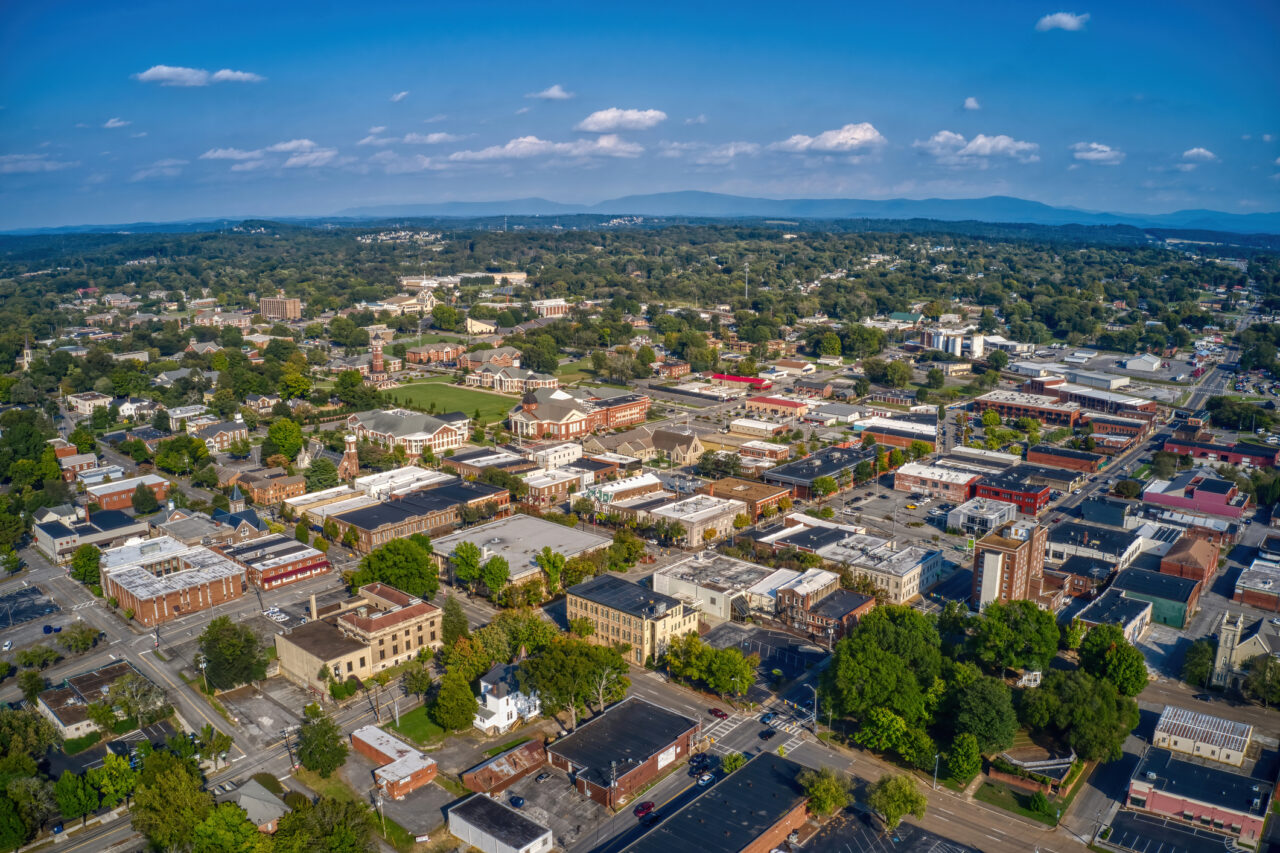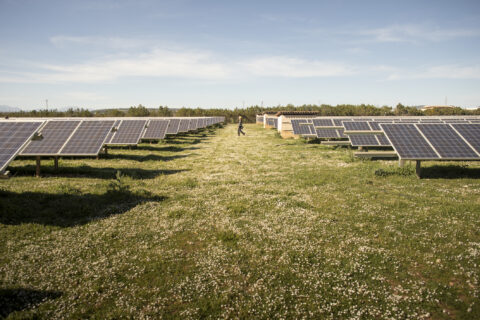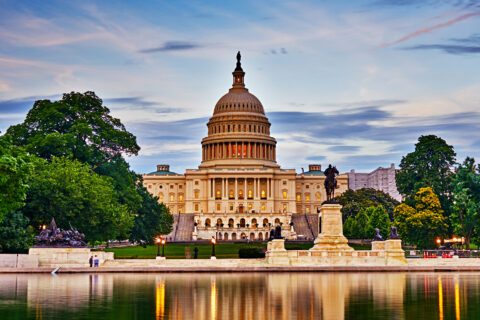Deploying tax credits takes expertise, human capacity and the ability to access resources, be that the tax code or regulations. The top challenges small and rural communities face utilizing the State and Local Fiscal Recovery Funds are not having expertise, lack of human capacity, and lack of access to resources.
The federal clean energy tax credits from the Inflation Reduction Act are a game changer for local governments nationally. But they come with their own challenges. To help small and rural communities navigate them, NLC has compiled information on how small and rural communities can access help.
NLC resources
Over the coming months, NLC will produce resources for all cities, towns and villages on how to utilize the elective pay (also known as direct pay) clean energy tax credits, what to know, how to avoid mistakes, and real-life examples, among others.
Additionally, the Local Infrastructure Hub is a national program that connects local leaders with the resources and expertise they need to access federal infrastructure funding, empowering local leaders to drive local progress and deliver results for residents. Since its launch in July 2022, the Hub has delivered assistance and guidance to hundreds of cities, towns and villages from all 50 states, the District of Columbia, and Puerto Rico. The Hub is likely going to be offering another training course on utilizing the clean energy tax credits this fall.

Furthermore, in partnership with the International City/County Management Association, NLC is offering free technical assistance to communities through the U.S. Environmental Protection Agency Environmental Justice Thriving Communities Technical Assistance Centers (TCTACs). The TCTACs will support communities, particularly those adversely and disproportionately affected by environmental and human health risks, to identify, access, and deploy existing funding opportunities to address local environmental justice concerns. Learn more about how to get support for your community here.
State Municipal Leagues
Many state municipal leagues have personnel on staff with expertise in helping local leaders navigate federal programs. Your state league staff could be a good resource to learn more about tax credits and who can spend time with your city to explain the nuances.
State Assistance
States have started to provide technical assistance to their municipalities in regard to the new tax clean energy credits program. According to the U.S. Department of Treasury, Minnesota, Pennsylvania and Massachusetts are leading the pack in providing technical assistance to municipalities. If you need help, another place to start would be your state energy office (or similar) or infrastructure coordinator.
Federal Assistance

The U.S. Department of Treasury and the Internal Revenue Services are the administering organizations of the Clean Energy Tax Credit program. To ensure that every local government is aware of and takes advantage of the opportunities to secure funding under the IRAs’ clean energy incentives, the Treasury will be engaging with 150 cities (known as “Comeback Communities”) throughout the spring and summer.
Additionally, the U.S. Department of Agriculture Rural Partners Network and the Appalachian Regional Commission are hosting webinars and have other resources on this program that are aimed at rural communities.
Partner Organizations
NLC has partnered with organizations to bring content forward on this program. Here is a list of partner organizations that a municipality might want to reach out to for help.
- Lawyers for Good Government
- World Resources Institute
- Government Finance Officers Association
NLC realizes that small and rural cities, towns and villages can be understaffed or lack the resources needed to understand the tax code and regulations. The resources NLC provides will allow a municipality to take advantage of the clean energy tax credit program in a way that works for their municipality and staff. Local leaders can review these past blogs for help getting started with elective pay: - Getting Started: New Elective Pay Option for Local Clean Energy Projects
Stay Connected
Sign up for the Federal Advocacy newsletter to get the latest updates on NLC’s federal advocacy efforts.









